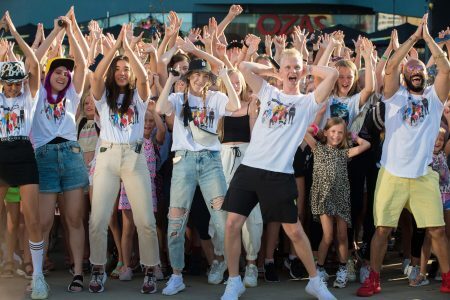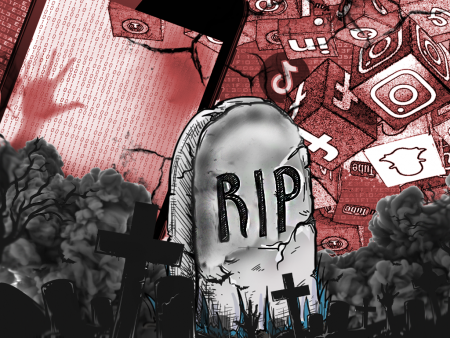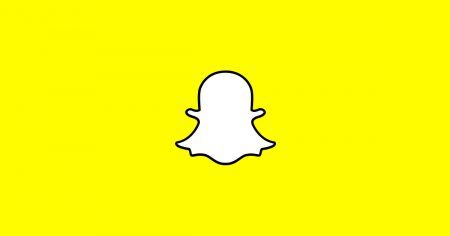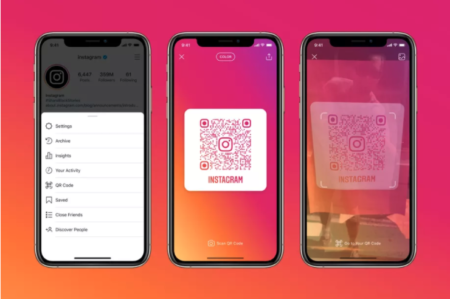Passwords, by definition, are secrets. We use them to identify ourselves to systems and gain authorized access to places that…
Browsing: social media
TikTok, a social media platform targeted at young mobile phone users, was the second-most downloaded app in the world in 2019. It…
Right, so Microsoft is keen (for a given value of the word ‘keen’) and the likes of Oracle is interested…
Throughout our lifetimes we consume, collate, curate, host and produce a staggering quantity of data – some by our own…
I can’t believe I’m writing this. You know, I woke up thinking I would have a lovely day. Had a…
One has to feel somewhat bad for Snapchat, an app that can only really be described as that movie star…
Facebook wants even more of your data — that’s no surprise, though, they always want your data. This time around,…
Last month, WhatsApp launched the ability to add contacts using a QR code, and we questioned its safety. Now, Facebook’s…
We know Instagram is the most influential app when it comes to lifestyle and beauty trends. But recent research shows increasing numbers of people…
I think this is the first time I’ve sat down to write a story and been struck with the overwhelming…









